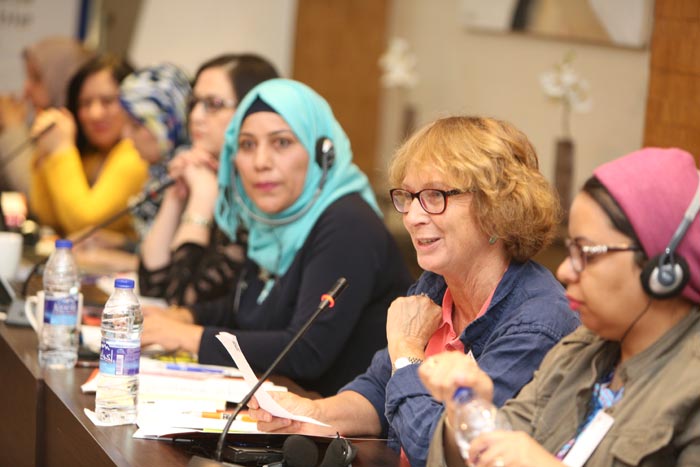A report from two peer exchange meetings co-convened by PAX and WILPF in February and March bringing together 20 global and national peacebuilding organisations working to incorporate a focus on men and masculinities. With those organisations we developed preliminary plans for ongoing joint advocacy. To inform this meeting, PAX and WILPF conducted and analysed an online survey with peacebuilding organisations already working on masculinities or interest in doing so to understand their focus, priorities, and opportunities for collaboration. The results are discussed in the report.
Socially constructed masculinity
PAX advocates for and works on the engagement of men towards inclusive peace through a masculinities lens. We aim to deepen understanding of narratives of masculinities and manhood within a society that promote violent and aggressive behaviour and formulate strategies to promote peaceful masculinities. This includes creating space for exploration of what is means to be a man and shifting the narrative from the idea of men as inevitable perpetrators of violence to an understanding that masculinities are socially constructed and that men can champion inclusive peace.
Empowerment of women and gender minorities
Addressing harmful masculine norms directly contributes to empowerment and meaningful political participation of women and gender minorities. In many contexts, women and gender minorities are excluded from politics and places of power while being pushed into subordinate positions within private spaces. A pattern can be observed between these exclusionary practices and harmful masculine norms, as men are often encouraged and expected to dominate and control these spaces. By understanding and subsequently breaking down these gendered power dynamics, it can contribute towards dismantling some of the structural barriers women and gender minorities face in contributing to peace and security.
Participating organizations included: ABAAD, ACOOC, Conciliation Resources, GENSAC, International Peace Institute, Living Peace Institute, MEND, MenEngage, Men as Partners for WPS, PRIO, Saferworld, Small Arms Survey, Sonke Gender Justice, Swisspeace, International Alert, USIP.




